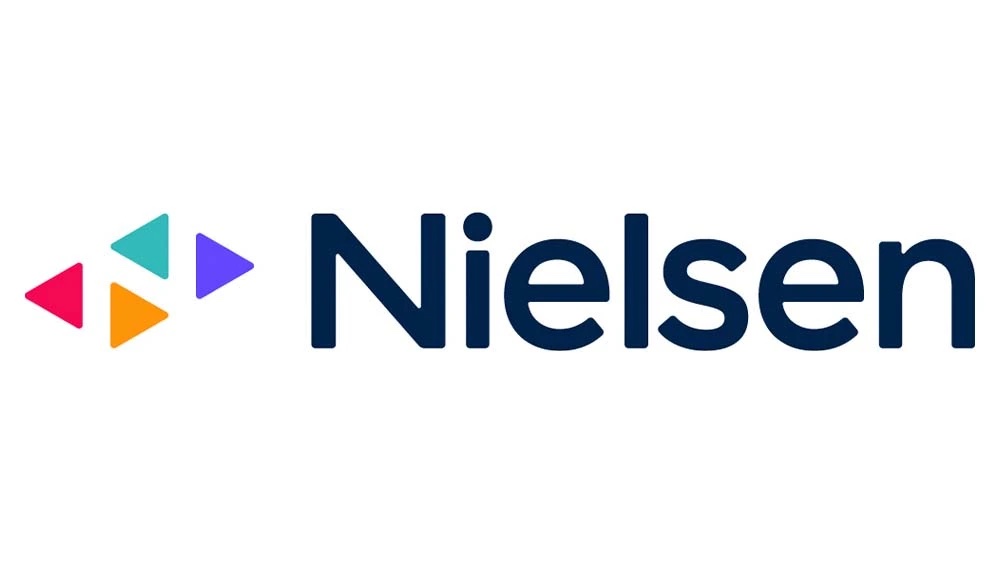Netflix may shake up European content production
Netflix has made its well-leaked UK and Ireland launch, drawing an immediate response from arch rival LoveFilm — the local VOD streaming company now owned by Amazon. In the longer term, the main interest focuses on the impact Netflix will have on the broadcast premium content market, not just in the UK but across Europe. With the current state of chronic near-recession afflicting much of the continent, money for investing in premium programming among state and commercial broadcasters is drying up, giving Netflix an opportunity to use its cash to get involved, at least indirectly, in content production.
For now, this does not mean getting involved in sports, which is currently the elephant dominating the room of European pay TV. This involves huge amounts of money and is dominated by bigger players than Netflix, notably BSkyB in the UK. Netflix has not even attempted to get into sports sponsorship at this stage, and the premium content opportunity lies with other forms of programming including drama, as well as movies, of course. Not everybody is interested in sports, and there is the potential for luring these people away from their current pay-TV subscribers by offering good value packages bristling with attractive content at slightly lower prices.
This is what Netflix has set out to do, offering unlimited access to its catalogue of films and past TV shows from the BBC, ITV and Channel 4 for £5.99 per month ($9.25), or €6.99 in Ireland. Movie content is available from Disney, Lionsgate, MGM, Miramax, Momentum Pictures, NBC Universal, Paramount, Sony Pictures Entertainment, Twentieth Century Fox and Viacom International Media Networks. However, Netflix appears to be restricted to episodes older than six months of some premium TV programs, such as the BBC’s “Top Gear,” featuring Jeremy Clarkson, and ITV’s award winning period drama “Downton Abbey.”
LoveFilm attempted to trump the Netflix launch by announcing a similar streaming service at just £4.99 a month, again with a month’s free trial. Currently, LoveFilm is estimated to have around 1.5 million subscribers in the UK, having been the only significant dedicated online VOD provider until the Netflix launch. However, satellite pay TV provider BSkyB is really the leading company since all of its 10 million subscribers have access to its online VOD service Sky Anytime Plus, which also provides access to a battery of movies and has the additional advantage of including its sports content such as UK premier league football.
Indeed, BSkyB currently has a firm grip on subscription-based movie services within the first pay-TV window. This is where Netflix is aiming to gain ground by luring movie studios with significant amounts of cash. Currently in the UK, movies are typically available to BSkyB in this first window, then on DVD, and then finally on free-to-air services. Streaming services such as Netflix have typically picked up rights at the same time as movies became available on DVD. Here, too, LoveFilm has attempted to impede Netflix by using Amazon’s clout to open up second windows with major studios, including Warner Brothers, Sony, Entertainment One, and French production company Studio Canal, Disney, Lionsgate and Momentum.
Despite facing strong opposition from LoveFilm and BSkyB, as well as some resistance from the bigger broadcasters like the BBC that want to stimulate their own online portals, Netflix is likely to gain some traction in the UK, which is a mature online market with room for a number of players. But, the Netflix impact may be greater elsewhere in Europe where second-tier operators that own neither sports nor movie rights will be vulnerable to the arrival of a powerful online provider. Netflix is planning to expand across continental Europe, probably starting with Spain in the second half of 2012 after digesting its UK and Ireland experience.
The professional video industry's #1 source for news, trends and product and tech information. Sign up below.
